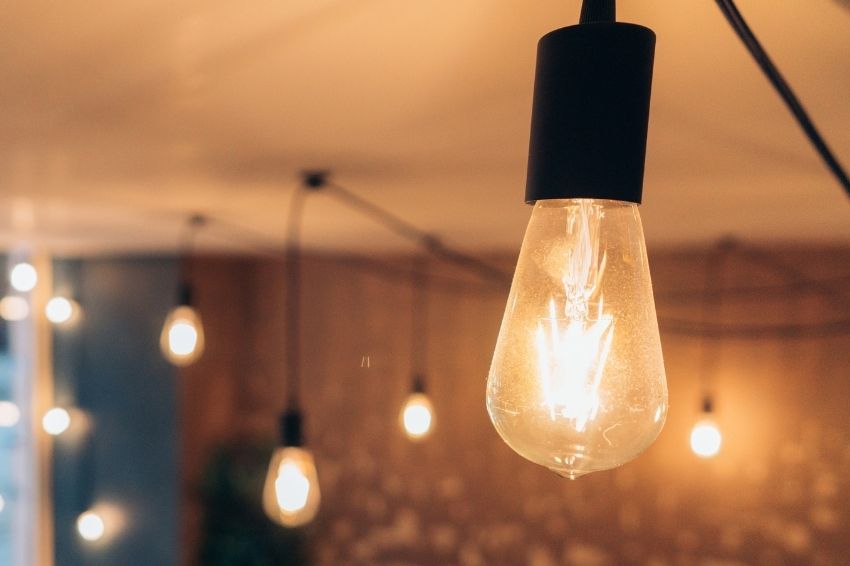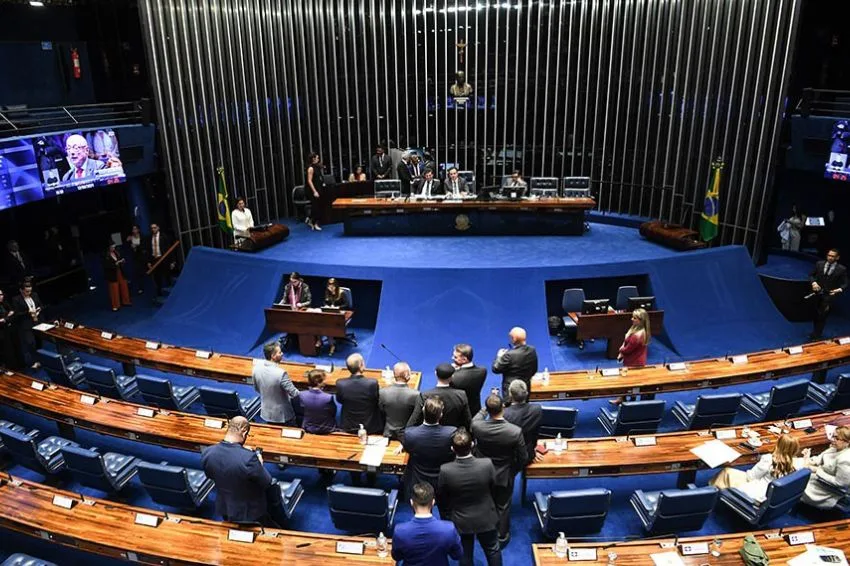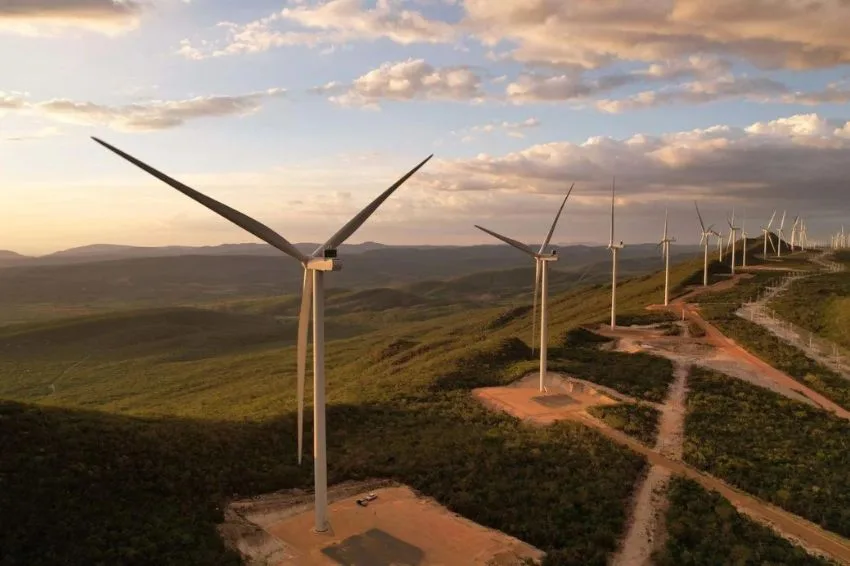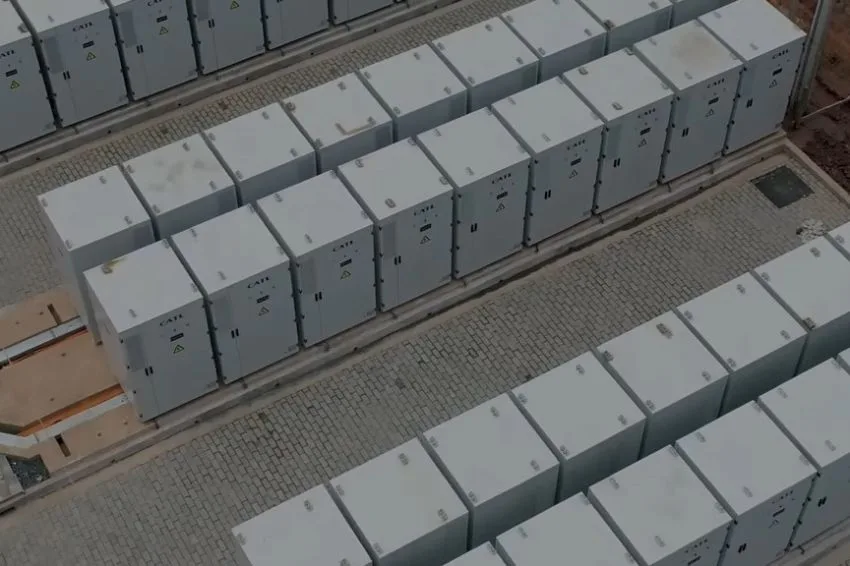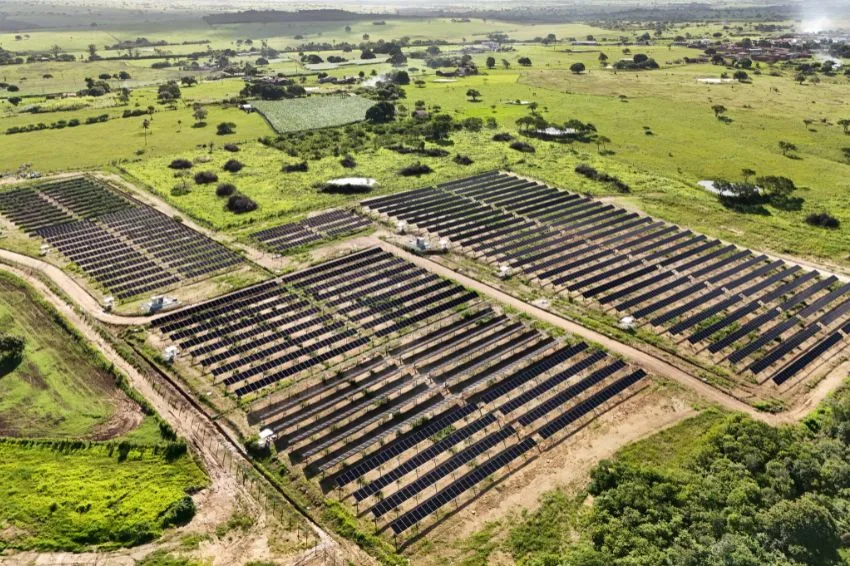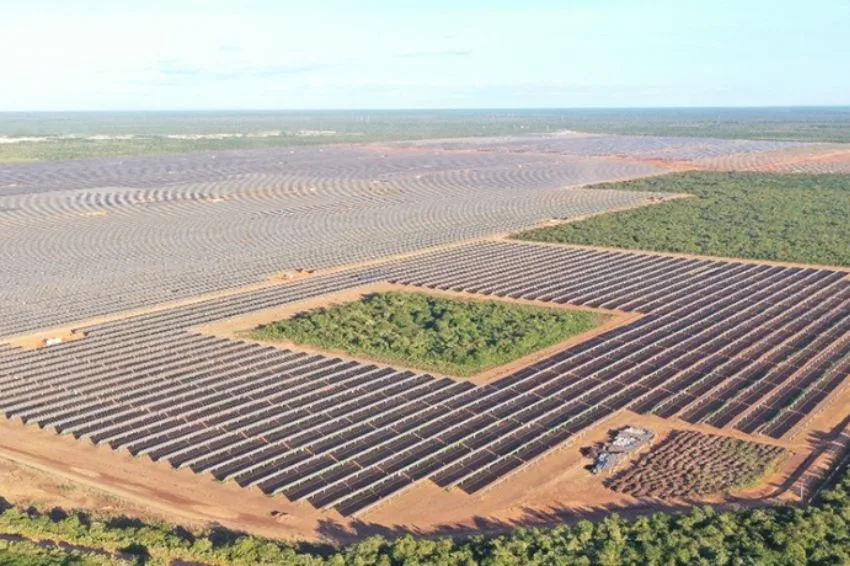The expansion of beneficiaries of the TSEE (Social Electricity Tariff) will come into effect from January 2022, thanks to the new regulations of the ANEEL (National Electric Energy Agency).
According to the Federal Government, around 12.3 million families already benefit from the lowest tariff in electricity bill and the expectation is that another 11.5 million will have access to the benefit, which provides discounts on electricity bills for low-income families. Adding up the entire discount, the benefiting population will no longer spend R$ 3.3 billion in 2022.
The new regulations for expanding beneficiaries take into account that many Brazilians, who should receive the TSEE, were not yet registered. “A significant portion of the population today, 23.7 million, is entitled to this benefit, but only 52% actually receive it,” he explained. Sandoval Feitosa, director of ANEEL, in 45th Ordinary Public Meeting of the Agency.
New registrants who are already entitled to the benefit will be automatically included by crossing data from the systems of the Ministry of Citizenship and energy distributors.
TSEE will be paid for by CDE (Energy Development Account), an ANEEL fund that relies on sources of public resources and electricity distributors.
“TSEE itself is very important, what should be discussed is how it will be financed. If the CDE is enough, I think it is a good strategy to use it. But it will depend on how long the amounts deposited in the fund will be enough to cover the subsidy?”, he analyzes André Luiz de Oliveira Brito Rodrigues, lawyer specializing in tax law.
If the CDE values are no longer sufficient to maintain the benefit, the lawyer predicts that energy distributors can pass on the replacement value to the end consumer.
“The cost is already high for electricity operators to cover normal changes to energy supply. And now they have a system that takes revenue from a fund that will need to be replaced. If companies identify that what they have already transferred is enough, the increase in revenue from this transfer will fall to the end consumer”, explains Rodrigues.
“Initially, using CDE values protects end consumers. But will the fund handle the transfer to pay for the benefit? We will have to wait and see how it will be used”, concludes the lawyer.
How much is the discount?
For low-income families that consume up to 30 kWh/month, the reduction is 65%; from 31 to 100 kWh/month, the value is 40% lower; from 101 kWh to 220 kWh, the reduction is 10%. Above 220 kWh/month the energy cost is similar to that of consumers who do not receive the benefit.
Indigenous and quilombola families have bigger discounts. Families registered in the CadÚnico have a discount of 100% up to the consumption limit of 50 kWh/month, of 40% for consumption from 51 kWh/month, of 10% for consumption of 101 kWh to 220 kWh. For indigenous people and quilombolas who consume more than 220 kWh/month, the cost is similar to that of consumers without the benefit.
Who can receive the TSEE?
The TSEE (Social Electric Energy Tariff) was created by Law No. 10,438, of April 26, 2002. Through it, discounts are granted to consumers falling into the Low Income Residential Subclass category. A Law No. 12,212, of January 20, 2010, the Decree No. 7,583, of October 13, 2011, and now the Law No. 14,203, of September 10, 2021, regulate this benefit.
Which families can receive it?
- Those registered in the Single Registry for Social Programs of the Federal Government, with monthly per capita family income less than or equal to half the minimum wage;
- Elderly people aged 65 or over, or people with disabilities, who receive the Continuous Social Assistance Benefit;
- Families registered in the Single Registry, with a monthly income of up to three minimum wages, who have an illness or disability (physical, motor, hearing, visual, intellectual or multiple) whose treatment, medical or therapeutic procedure, requires instruments or devices that require the use of electrical energy.


